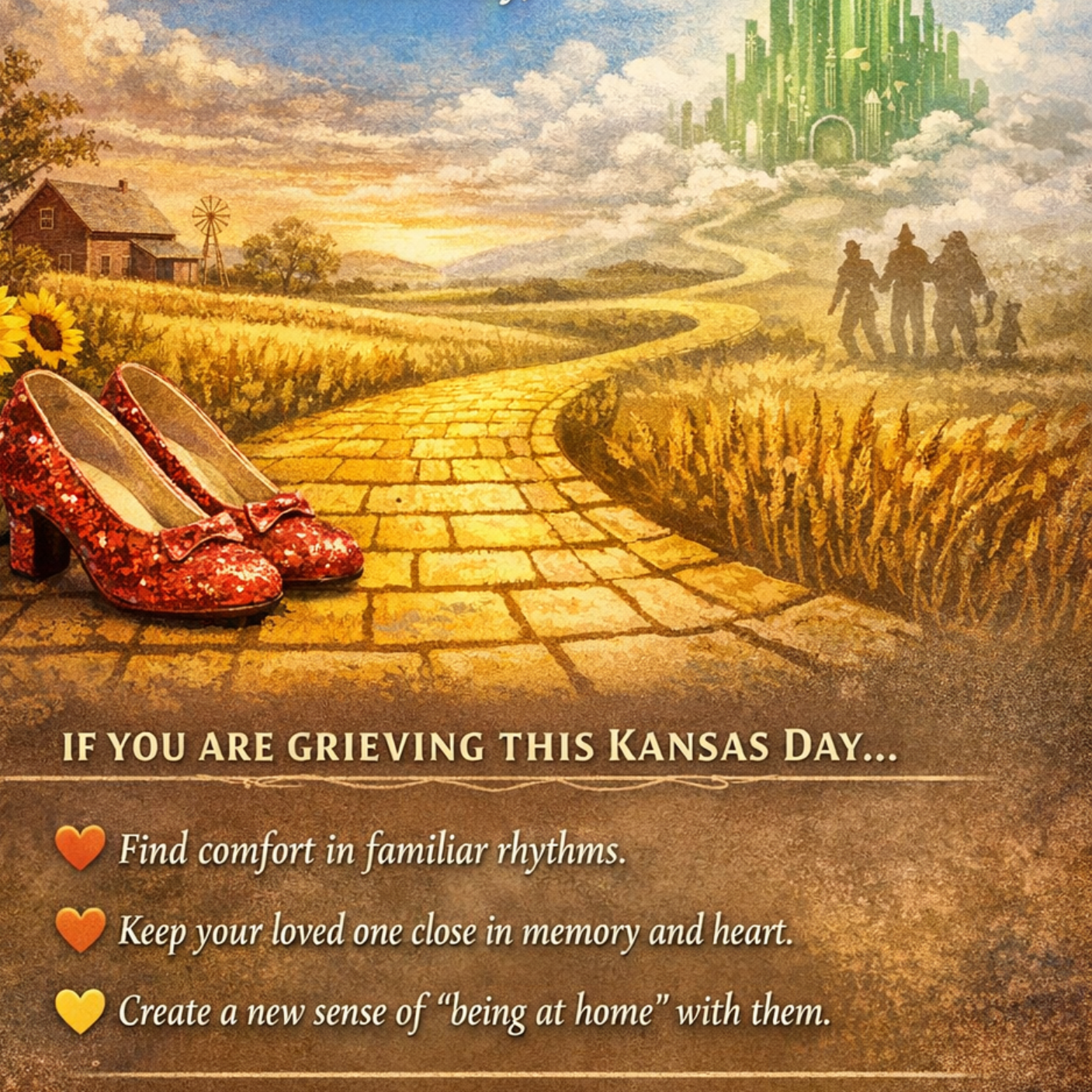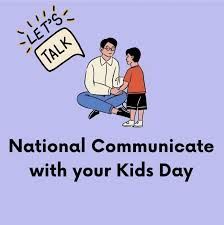How do I tell you? … let me count the ways.
Death is a normal part of life, but it makes many people feel uncomfortable and anxious. Death is final, so relaying the news that someone has died, can be difficult. Like any subject, death has its own nomenclature, a special jargon to clarify, classify, and describe it. This includes common sayings used to announce a death. Each phrase carries feelings, needs, and beliefs. Likewise, the timing, tone and language, reveal and express grief.
Spiritual or religious people are more likely to say:
gone home
God came to bring him/her home
fell asleep in the Lord
the angels came to get him/her
is gone on ahead
returned to heaven or to their maker
When I hear an emphasis on the afterlife, I know something of a person’s coping strategy and the manner in which they will accept comfort. In these cases, my reaction is usually a faith-based response. Another way of speaking of a death puts an emphasis on the leaving, including phrases such as:
“is gone”
“left us”
“is dead”
“has died”
“has left”
“lost the battle”
has departed
it’s over
passed away, passed on
met his demise
has expired
When I consider these phrases, I hear loss and sadness, and I want to know more about the speaker’s grief and the deceased’s manner of death. Their choice of words could mean the speaker is not ready to share details or the cause of death, such as death by suicide or drug addiction. A declaration that someone “is dead” can reflect a number of things, such as shock, acceptance, finality, but whatever the case, it leaves no room for denial, propelling the listener into reality. Circumstances certainly dictate the use of language. There is a time to use direct language, like speaking to children or people with cognitive impairment. Consulting a professional may be a good idea for special circumstances.
When someone talks crudely of death, using phrases like “kicked the bucket”, “taking a dirt nap” or “croaked”, I hear disrespect and immediately wonder what it stems from. Is it revealing a fear of death, unresolved grief, anger, or a contemptuous disregard for the deceased? It is never appropriate to use such language. When we encounter this, we should guide the speaker to a softer, kinder language.
What do you hear when someone tells you a person has died? Whether we learn of a death through a phone call, a friend or family member, a third party, or in a published obituary, the announcement of a death carries meaning and sets the tone and path for our response. Our personal beliefs, needs, and language are secondary to an individual’s grief, so, we must take special care not to impose our beliefs or needs on them. In order to respond well, we need the gift to listen and the awareness to hear beyond the words. When you learn of a death, listen to the words with your heart, your only mission is to be supportive.











